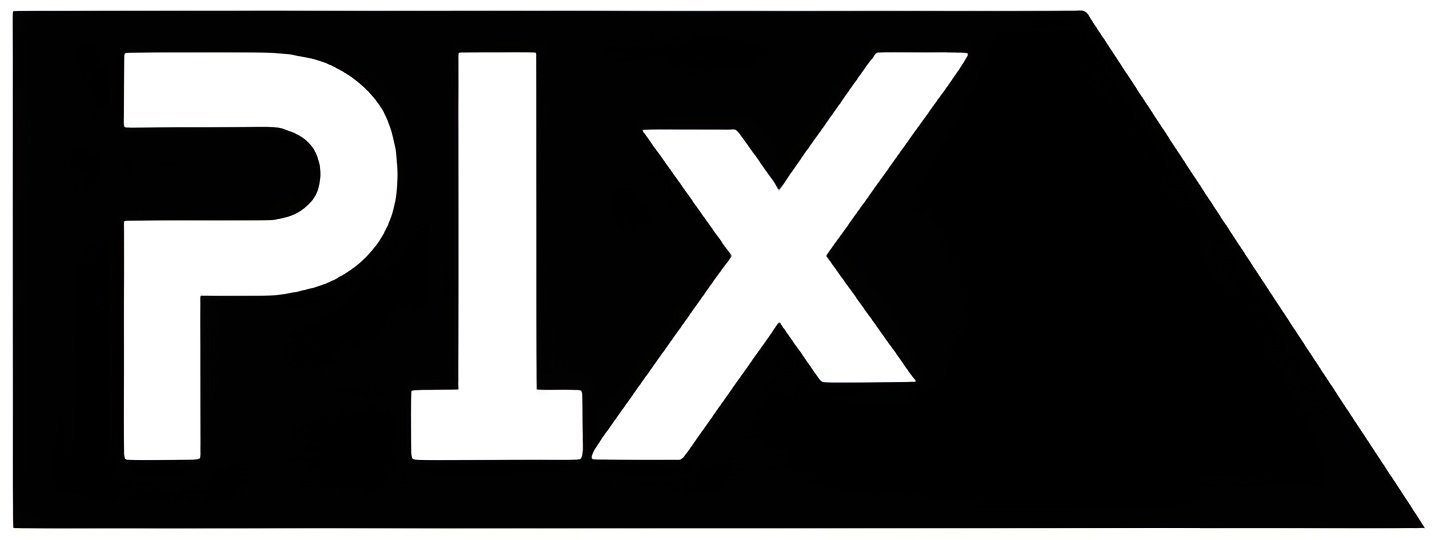This postdoc is building intentional training programs that give teaching assistants confidence and skills in teaching.
Q | Write a brief introduction to yourself including the lab you work in and your research background.
I am Payel Ganguly, an education fellow at Harvard Medical School. While my training is rooted in research, I have found my strongest motivation in supporting trainee growth through education and curriculum development. This has inspired a natural shift in my career path, from conducting research at the bench to building programs that shape how others grow and succeed in academic environments.
Q | How did you first get interested in science and/or your field of research?
During my undergraduate years, I was fortunate to receive a summer research fellowship that took me to an excellent research institute. Stepping into that environment for the first time was nothing short of transformative. The energy of the place, the conversations, and the spirit of discovery were truly mind-opening, and I have carried that feeling with me ever since. What struck me most was the way they curved a scientific narrative, welcoming me into the community and opening the world of research in a way that made science feel like an exciting hobby. That experience stayed with me, shaping how I saw science; not as a rigid discipline but as a space to explore your creativity and find your own path.
Q | Tell us about your favorite research project you’re working on.
My current work centers on developing an intentional curriculum for teaching assistants (TAs) in graduate school. At the core of this curriculum is the idea of self-efficacy, helping TAs build confidence in their teaching abilities, as a foundation for professional development. Through structured modules, I aim to strengthen their skills as educators, as well as support them in learning how to apply evidence-based teaching practices, engage learners more effectively, and reflect on their own growth. By designing the curriculum in this way, I hope to create a training experience that is both practical and intentional, enabling TAs to approach teaching as a meaningful, skill-building opportunity, rather than just a requirement.
Q | What do you find most exciting about your research project?
I am a trained developmental biologist who has worked with Drosophila as a model organism for more than a decade. As I now design intentional education technologies and curricula, I have come to recognize how Drosophila can also serve as a powerful teaching tool. In making this pivot, I’ve realized that some core concepts, whether in biology or in education, remain universal, and that insight has shaped the way I think about both science and teaching.
Q | If you could be a laboratory instrument, which one would you be and why?
I would always want to be a confocal microscope—versatile and stunning in every way! It reveals the beauty of cells and organisms, offering us insight and opening up the world to new avenues of research!
Are you a researcher who would like to be featured in the “Postdoc Portraits” series? Send in your application here.



















































